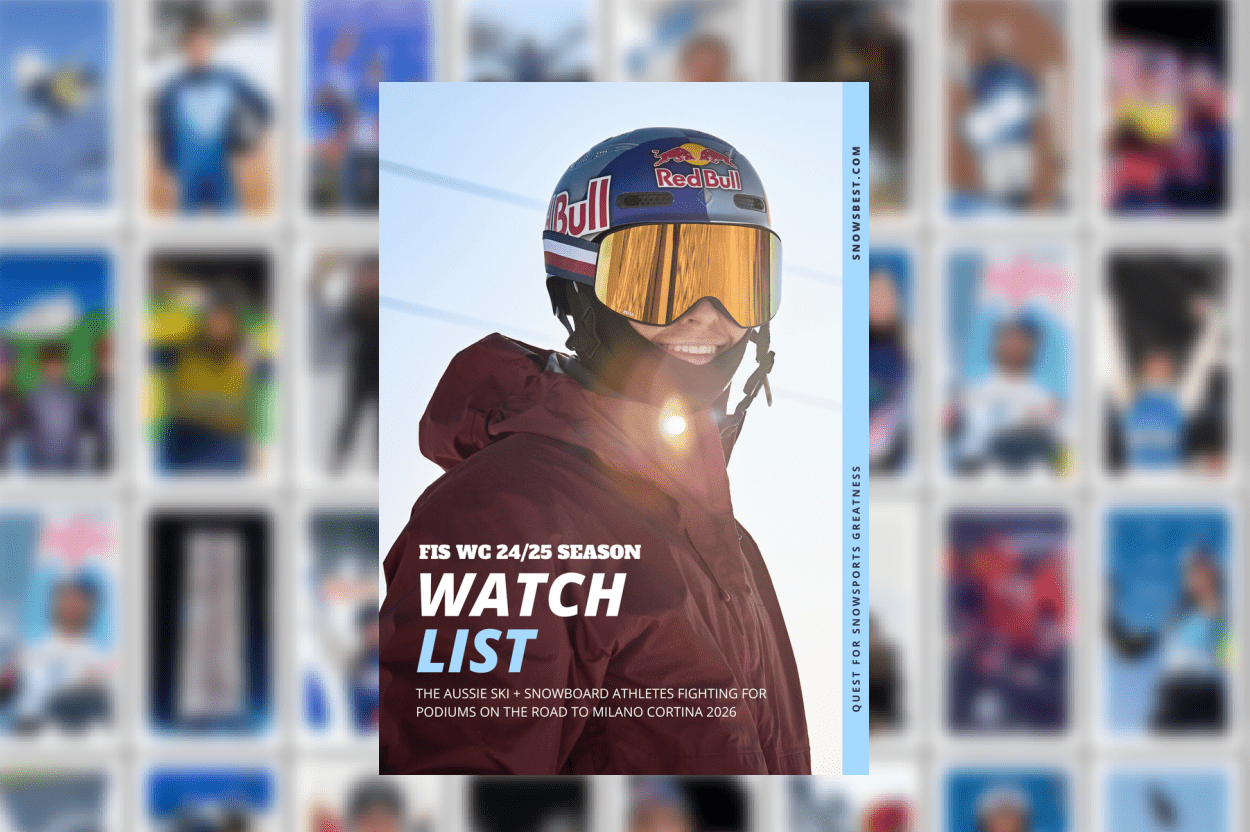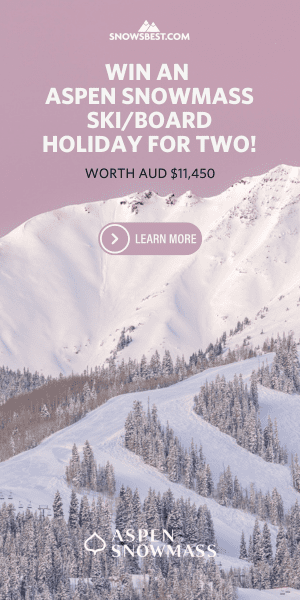A season of tree well deaths and avalanches burying solo skiers & riders reinforces why you should never ski off piste alone.
I am amazed how many people think they are bigger than mother nature lately. People who should know better.
A recent conversation with a supposedly highly skilled ski pro after one too many Facebook posts of this person hitting the backcountry alone during high avalanche danger revealed what too many think is ok.
“I have an air bag so it will all be ok” was pretty much what I was told when I revealed my concern for this person’s safety (a classic case of all the gear no idea from someone who truly should have both gear and idea).
Sorry for caring so much about your safety, but I do. Not only because I know you but also because what message do all these solo expeditions into the backcountry during avalanche season send to others who perceive you to know what you are doing? The message is, again, it’s ok to ski alone in the wilderness after mega storms.
But here’s the thing. When an avalanche hits and you are on your own, you may not be ok. An airbag may keep you above the avalanche debris, it may rise you to the surface but you may still be buried superficially or you may still experience trauma from hitting a tree, a rock, a cliff and then who is there to dig you out, to call emergency rescuers?
Oh, no one. Why? Because you skied or snowboarded alone.
A couple of incidents this last week had me perplexed at the state of those who enjoy our mountains and the now easy access for so many to the backcountry, side country, slack country of our beloved ski resorts.
In the Teton Range behind Jackson Hole a local snowboarder was split boarding at Pyramid Peak and set off a slide. He was split boarding alone. He died.
At Sugar Bowl in California a snowboarder triggered an avalanche in a closed area and filmed himself riding the slide. He is now being prosecuted. Yes he was riding with two friends but the idea was the same – we know better than avalanche researchers, than avalanche warnings, than ski patrollers, than closed signs.
They’re not alone. Free skiing athlete, Jamie Pierre, got the powder bug back in November 2011 with early season dumps of snow in Utah and hit the South Chute within the yet to open for the season Snowbird ski resort.
The area was off limits and no avalanche measure had been taken and two slab avalanches had happened prior in the same week. Sadly Pierre paid for this decision with his life.
The heartbreaking case of missing ski instructor, Carson May, at Sugar Bowl this season was made even more so when his mother, Jennifer May released a statement including the following:
“Everything possible has been done by the resort, sheriff’s office, and the incredible volunteers from Carson’s ski community and across the state,” she said.
“Carson loved to ski. He was a cautious skier, and if he was out of bounds it was likely due to whiteout conditions. If there is a lesson to be learned from this experience it is that people should not ski alone, they should wear a beacon and be aware of the terrain.”
The 2015/2016 season is an El Nino in North America which means mammoth amounts of snow and all that comes with that including avalanches, tree wells and other life threatening elements. In Europe the season started green for a long time before finally turning white after big dumps of snow which again brings yet another level of danger and the amount of snow in Japan is always risk simply due to the numbers.
I truly hope no one else gets caught and loses their life. I know that going out there alone only increases your chances of that happening.
So if you hear of your friends venturing out throw yourselves in front of them, wrestle them to the ground, do whatever it takes to stop them going out alone or ducking under ropes in closed areas in bounds. Ski patrol have a lot to handle this winter just preparing the mountains to be as safe as possible in these epic conditions.
Let’s not make their job any more heart breaking than it already has been this season.
Powder or life, powder or life? I know which one I would prefer when I know I’ll still get the latter if I just wait a couple of days.


































Good advice Rachel. A man died in Utah the day before you wrote this article. He had an air bag but still died. He wasn’t skiing alone – a longtime backcountry skiing guide was with him – but the guide was not able to save him. The guide said the avalanche was ‘unsurvivable’.
Here’s a link to the story:
http://abcnews.go.com/US/wireStory/authorities-identify-man-died-utah-avalanche-36450352
I don’t believe it. Now an Australian man and his American partner have died at Jackson Hole:
http://www.smh.com.au/nsw/bondi-man-dies-in-avalanche-at-jackson-hole-mountain-resort-wyoming-20160126-gme9k8.html
A timely blog, Rachel.
It’s easy to be a judgemental idiot calling other people “idiots” when you are a female in a male dominated sport who can easily find partners to ski with (IF you live in a decent sized city). I’ve witnessed the dynamic many times in both climbing and skiing so you cannot deny it. Just as men benefit from the attention and bias given to them when they are at a female-dominated event or hobby women enjoy those advantages in skiing. The real problem here is skiing in risky terrain alone or in bad conditions not just “skiing alone”. Many will argue that skiing alone is safer because you are more cautious about the terrain you ski. This depends on the personality and age/experience however. I do agree with the author with her advice as directed to new skiers (in the first 4 years of backcountry skiing).
It’s not going alone that’s the problem. It’s ignorance about the risks.
The backcountry represents freedom. Taking your life into your own hands and heading out solo in the wilderness is true adventure, as Messner would say. Life is short, too short to be a self rightous chicken shit and stay at home if you cant find partners that day. Might a well eat some bigmacs, get fat and die of chronic disease, thats safe right.
It’s easy to get emotional looking at individual accidents and draw incorrect conclusions. One needs to look at the bigger picture, and the statistics to understand whether solo backcountry skiing is more risky than being in a group. As mentioned experience and understanding of the risks also comes into play.
Also, when a person is in a situation where they only have the choice between heading out alone, heading out with an unfamiliar group, or not heading out at all, there are lots of subtle biases to consider.